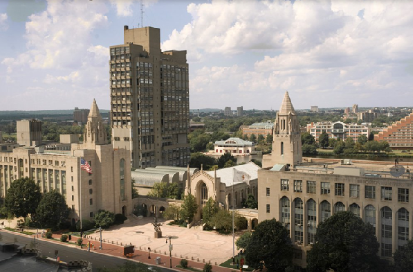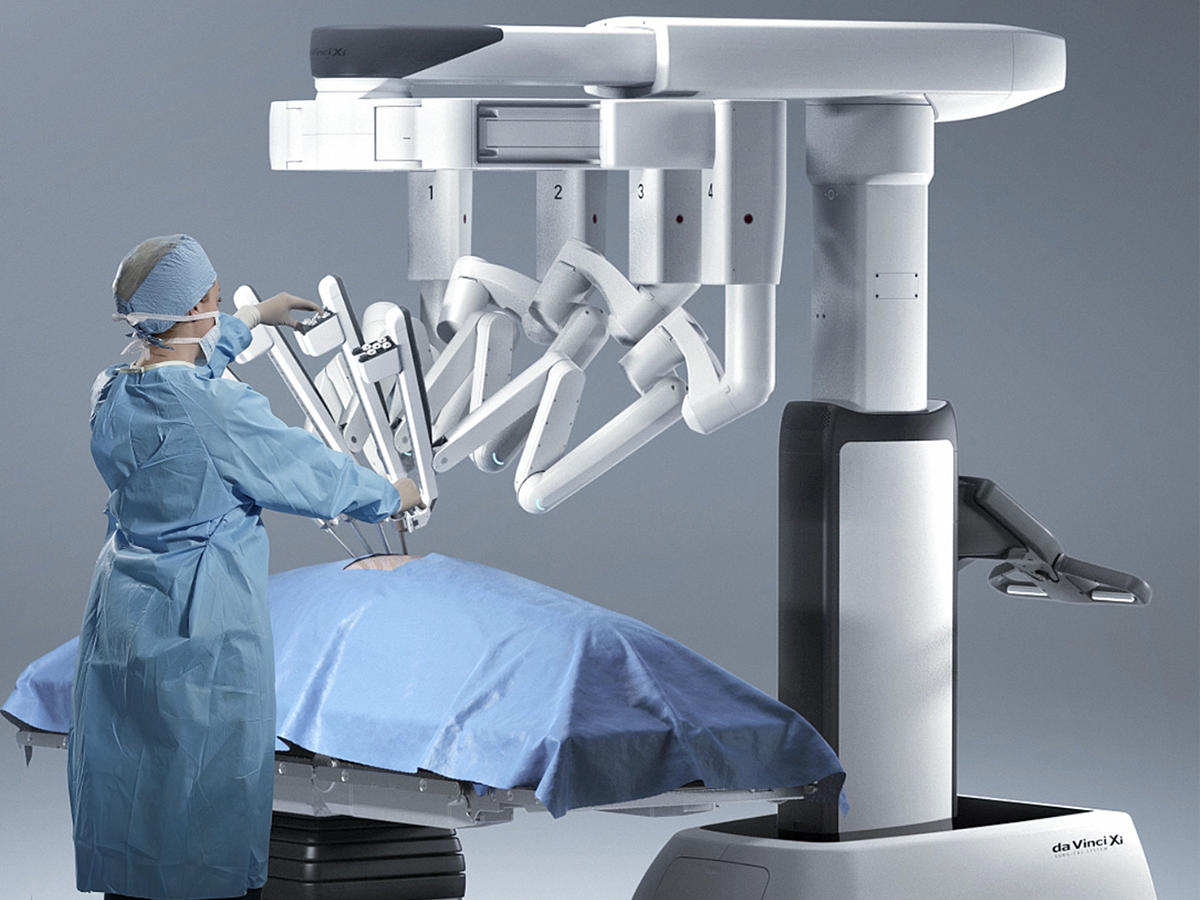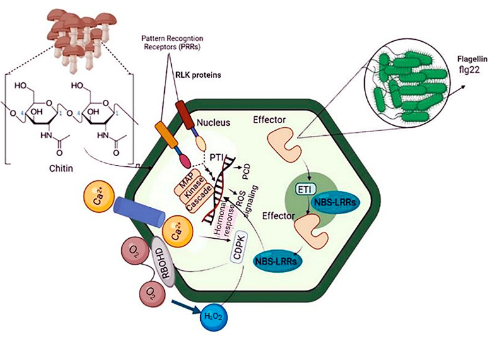The medical community in Pune has voiced its displeasure with the state’s inaction in enforcing stricter rules to safeguard healthcare providers. This criticism follows the Kerala government’s move to draft laws that would punish anyone who harms medical professionals with seven years in prison.
Members of the Indian Medical Association (IMA) expressed their concerns about the laws that are currently in effect during a press conference on Thursday. They specifically brought up the Maharashtra Prevention of Violence Against Healthcare Professionals and Protection of Property of Healthcare Institutions Act 2010. They called the current legislation “toothless,” implying that it is not strong enough or has insufficient protections to adequately shield medical personnel from assault or violence.
The word ‘toothless’ suggests that the existing legislation may not be strong enough, effective enough, or have enough enforcement mechanisms to deal with the problems faced by healthcare practitioners. The medical community’s condemnation highlights the urgency they feel for more strict legal measures to safeguard the safety and security of healthcare staff in the performance of their tasks.
The Indian Medical Association (IMA) in Pune is pushing for changes to the current rules protecting healthcare in a hurry. They stress the need for stricter regulations to serve as a disincentive for those who commit acts of violence against medical personnel.
The request for modifications is in response to the Kerala government’s recent measures, which on January 17 imposed more stringent regulations. This choice was made in the wake of the terrible event that occurred in Kerala on January 10—a patient savagely murdered a doctor. Legislative changes to inflict harsh punishments for violence against healthcare staff were part of Kerala’s heightened response.
In addition to legislative changes, the Kerala High Court issued an order stating that a First Information Report (FIR) should be filed within an hour of violence being reported by healthcare professionals or institutions. The court emphasized that violence against healthcare workers is non-negotiable, indicating a zero-tolerance approach.
Dr. Raju Varyani, the President of the IMA Pune branch, expressed concern and questioned whether the Maharashtra government is waiting for a similar triggering event, such as the death of a doctor, to prompt them to enact similarly stringent revisions. This statement suggests a sense of urgency and a desire for proactive measures to protect healthcare professionals in Maharashtra before any unfortunate incidents occur.
In September 2020, senior physician Dr. Rajeev Joshi of Pune filed a criminal public interest litigation (PIL) in the Bombay High Court, arguing for changes to the Maharashtra healthcare protection act as it currently stands. Following this PIL, on July 13, 2021, the Maharashtra government notified the Bombay High Court that the state committee had convened three times, that a new draft amendment to the Maharashtra 2010 Act had been prepared, and that the state planned to create a new Act to prevent violence against doctors. However, as per Dr. Raju Varyani, the President of the IMA Pune branch, no tangible measures were implemented.
Healthcare services are severely impacted by violence against physicians and paramedics, forcing private institutions to move vital patients to public hospitals. Following a PIL filed by the chief justice of Bombay High Court over patient deaths in Nanded and Thane, the state acknowledged this technique. The Hospital Board of India (HBI) Pune chapter chairman, Dr. Sanjay Patil, emphasized that patient transfers have an impact on prompt and effective care at crucial times.
According to surveys, private hospitals might move really ill patients to protect themselves from possible mob violence. One such factor given by doctors for not wanting to work in government hospitals is their fear of violence. Government hospitals struggle with an overwhelming number of seriously ill patients as a result of this hesitation. Violence is one of the issues contributing to a large number of open seats in medical colleges for both undergraduate and postgraduate studies, according to Dr. Geetanjali Sharma, Secretary of the IMA Pune.
Violence against healthcare staff and institutions is punishable by up to three years in prison and a fine of Rs 50,000 under the current Maharashtra legislation. Medical professionals contend that urgent adjustments are required to address the growing issue of violence against healthcare workers, and that this penalty has not served as a significant deterrent.








